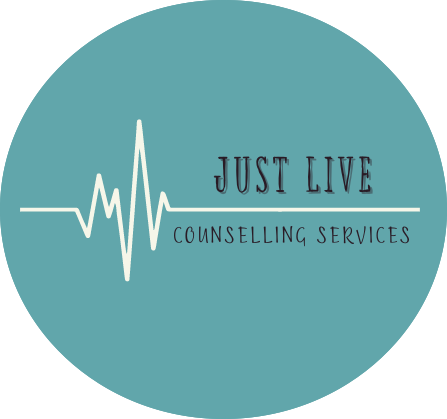
Introduction:
Experiencing loss, whether it’s the passing of a loved one or other significant life changes, often leads to the grieving process. In this article, we shed light on the essence of grief, its duration, and offer guidance on how to navigate these challenging times.
What Is Grief?
Grief is the emotional response to loss, encompassing feelings of shock, disbelief, sadness, anger, fear, and guilt. It can disrupt daily routines, affecting sleep, appetite, and overall well-being. Physical manifestations, such as weight fluctuations, illness, and body aches, are common during this period.
Grief extends beyond the loss of a loved one and can also be triggered by:
-Health setbacks, including personal or a loved one’s health issues.
-Changes in relationships, such as marriage, engagement, or dating endings.
-Friendship dissolution.
-Job loss.
-Financial hardships.
-Loss of property, housing, or cherished possessions.
-Unrealized dreams.
-Feelings of safety shaken by trauma.
Grief can manifest in various forms, including anticipatory grief, complicated grief, and disenfranchised grief.
How Long Does Grieving Take?
The duration of grief is highly individual, with timelines varying widely. Some may find solace within weeks or months, while others continue grieving for years. Though many navigate the five stages of grief—denial, anger, bargaining, depression, and acceptance—recovery can occur without necessarily experiencing each stage.
Coping Strategies for Grief
For individuals dealing with loss, seeking support and utilizing coping mechanisms can be invaluable. Consider the following strategies:
Therapy: Connecting with a grief specialist therapist can provide essential support.
Open Communication: Engage in meaningful conversations with loved ones.
Support Groups: Join bereavement or other support groups tailored to your needs.
Journaling: Writing down your thoughts and feelings can be therapeutic.
Spirituality: Lean on your faith or spirituality for solace if it aligns with your beliefs.
Lifestyle Factors: Prioritize a balanced diet, regular exercise, and engage in hobbies.
Your Path to Healing from Loss
Coping with loss can be a challenging journey. If you find it overwhelming, seeking assistance from a grief therapist is a crucial step toward healing. Contact us today to schedule an appointment with a therapist specializing in grief support.
Conclusion:
Grief is a deeply personal experience, and the path to healing is unique for each individual. By recognizing the challenges and employing effective coping strategies, individuals can navigate grief and gradually move toward a place of healing and renewal. Reach out today to access the support you need on your journey to healing from loss.
